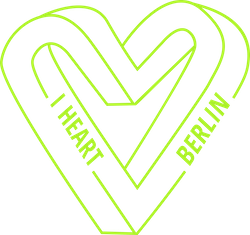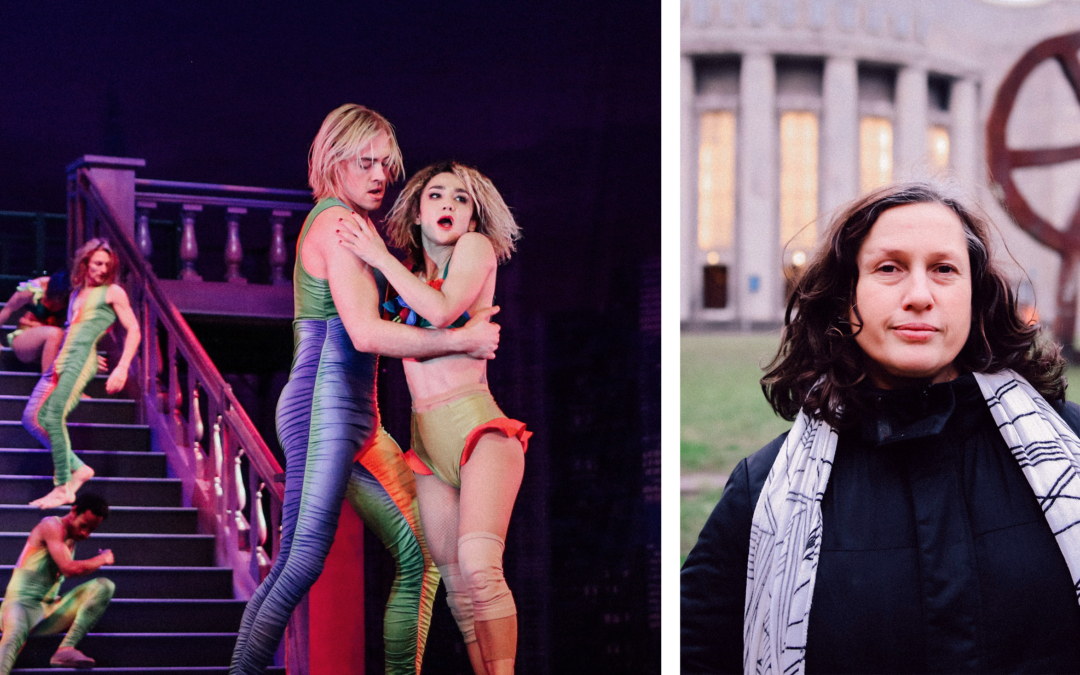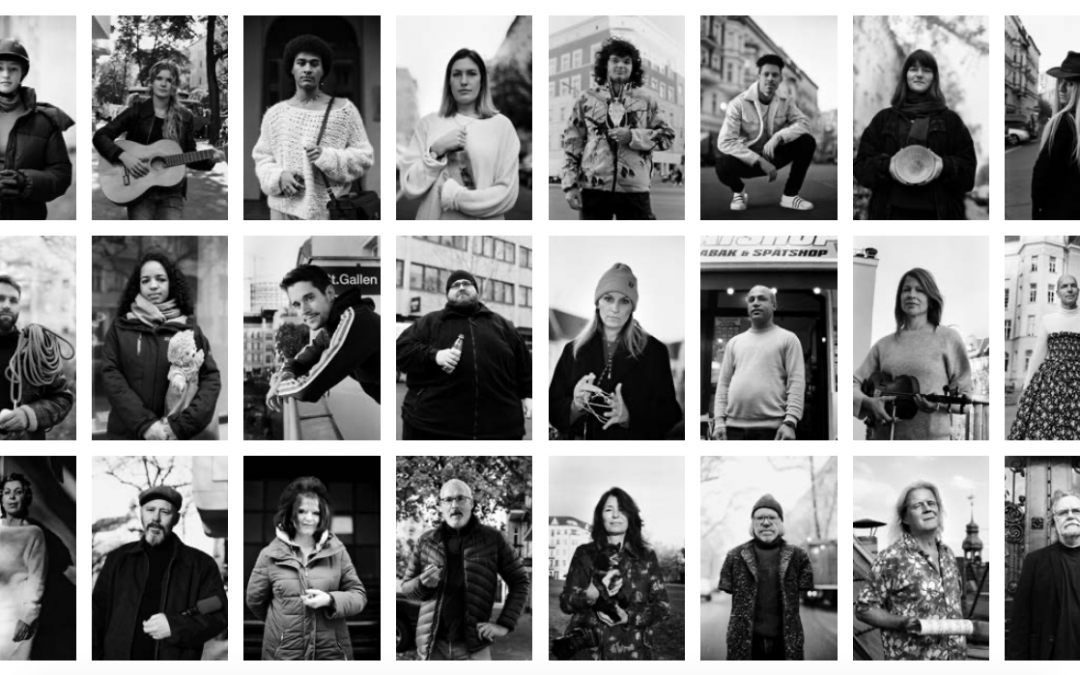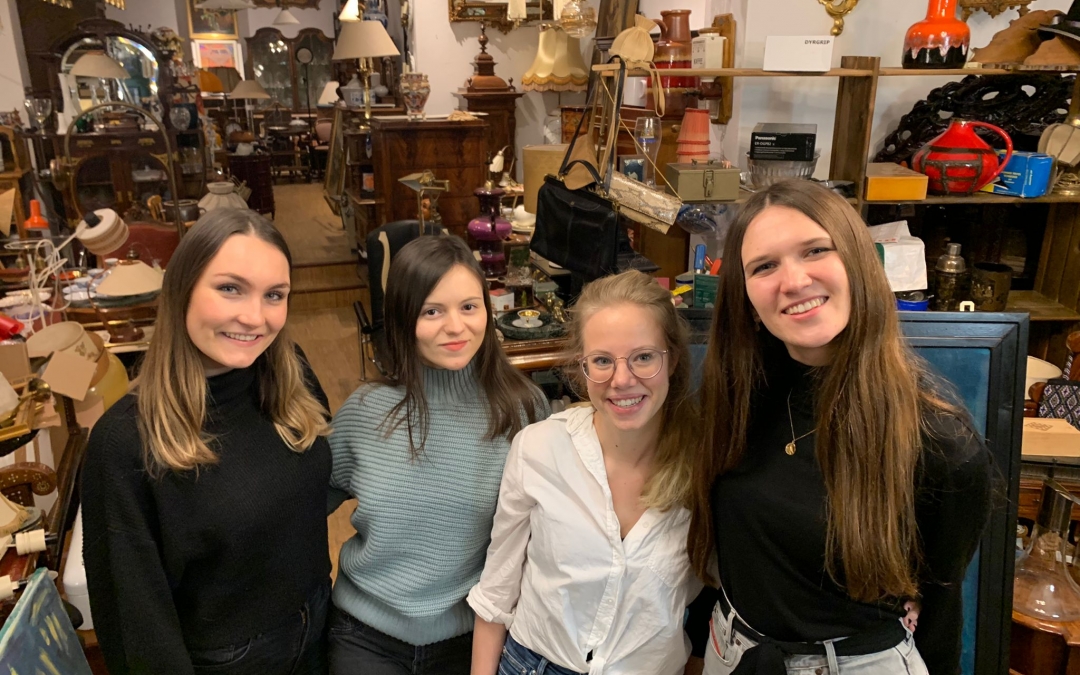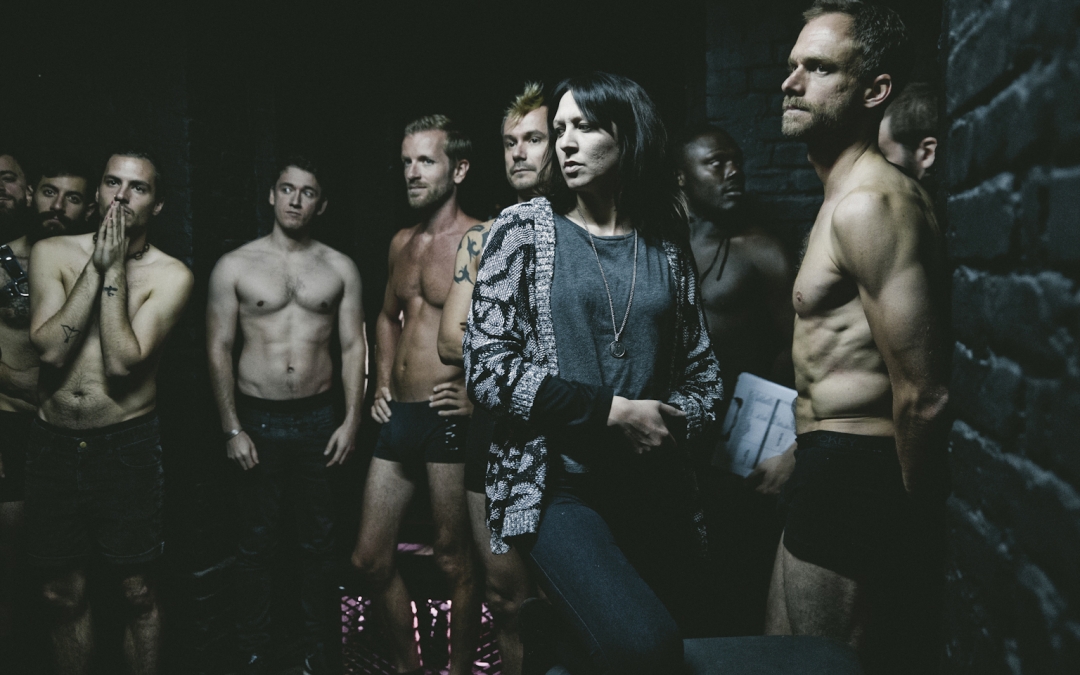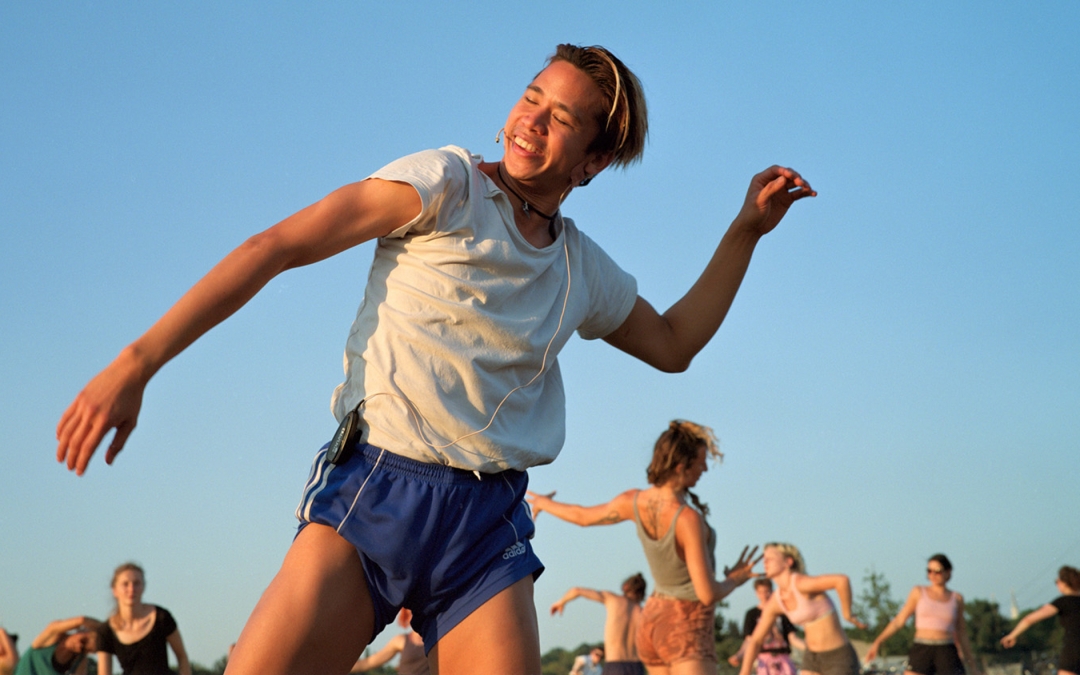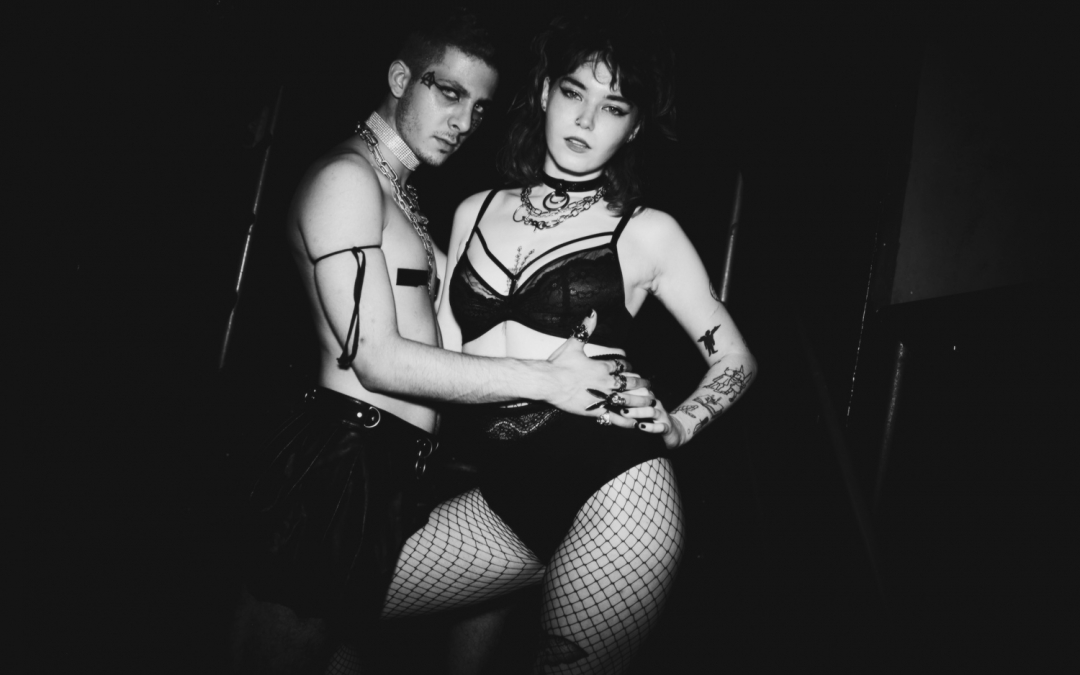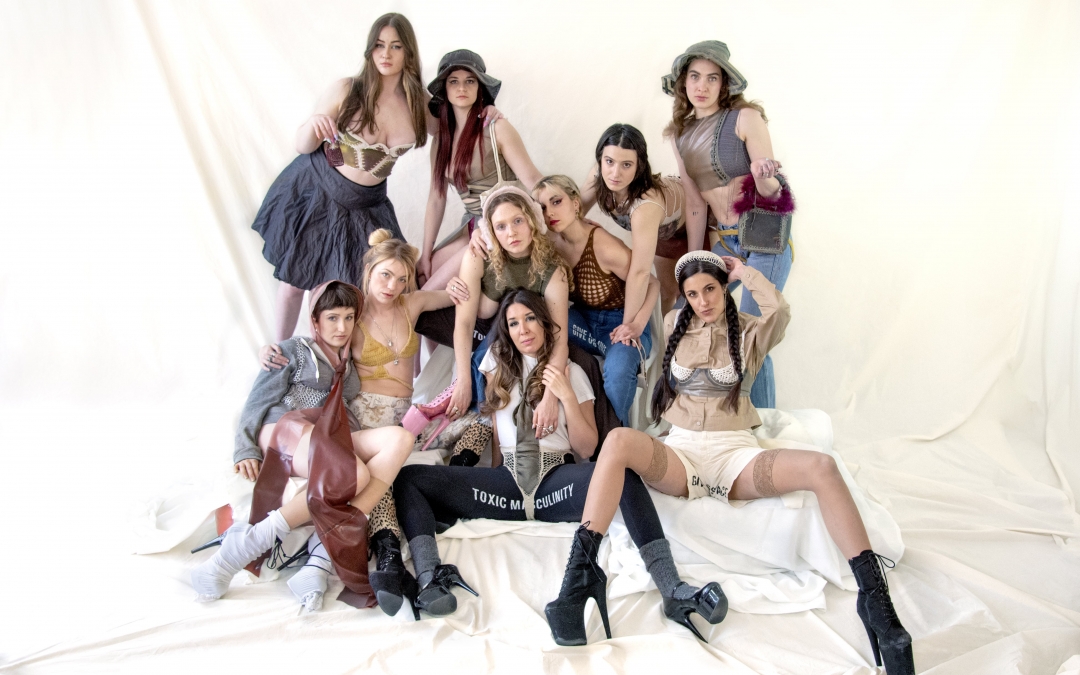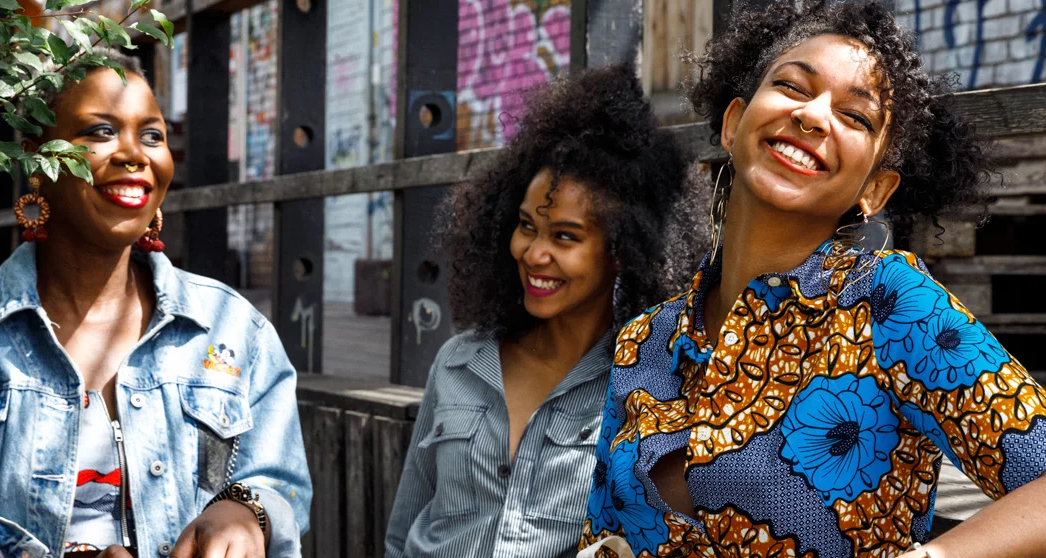photo: Vanessa Marino.
Aérea Negrot is a Berlin icon. The sad news of her death that reached us on Thursday will not change that. She was beloved far beyond Berlin’s queer nightlife, theater, and art world. She was a brilliant artist, performer, DJ. She was mother, she was diva, she was queen, she was everything and more.
It’s a first one for me, to write about someone from within our circles who passed. I’m honestly heartbroken, but I feel like I have so much to say.
